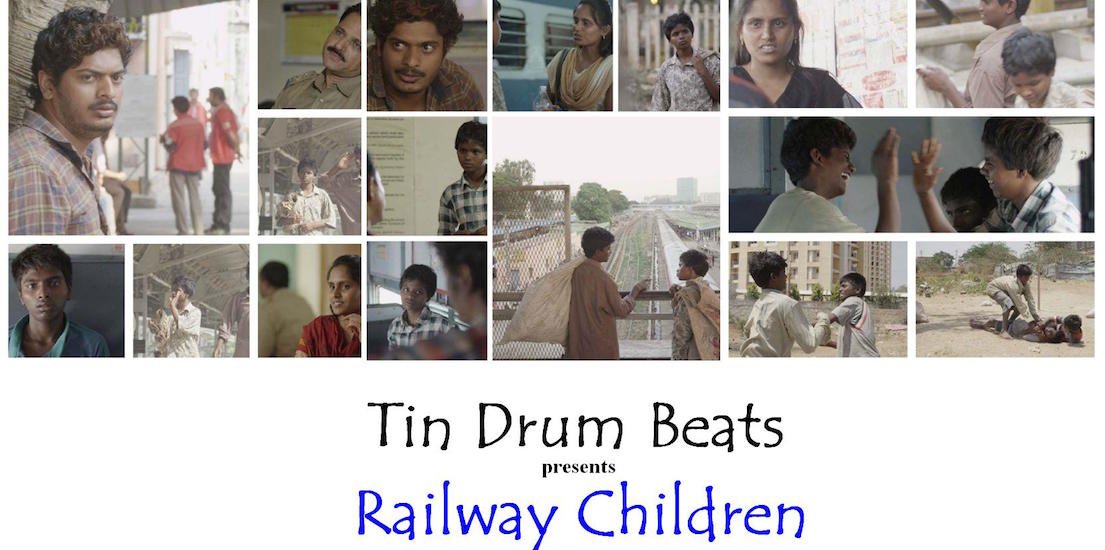Railway Children – MAMI Young Critic’s Review
Railway Children is a Kannada film. The plot revolves around the experiences of a runaway child at a railway station. Like the plot, the filmmaking is simple. The direction is straightforward and one can see, hear and understand clearly what is going on. The style manages to effectively convey the innocent worldview of children. We see that it is this innocence that propels the characters, and gives them the courage to survive in a cruel world.
The protagonist joins a social hierarchy and quickly learns the ropes for survival. He is fed, sheltered, and makes convenient use of his surroundings. He faces difficulties, but also exercises a far greater freedom than most children are accustomed to. His independence slowly nurtures and gives rise to an entrepreneurial spirit. Soon, he not only manages to survive but thrives in a bleak and dilapidated environment.
Reality comes knocking and the children are taken under the care of a social worker. They leave the harsh outer world and enter a world of cozy comfy imprisonment. But they seem to be surrounded by sickness and death. Although, life just gets much better, the children who were all smiles and jubilant, are now angry.
Anyone who reads enough newspapers should know that the world isn’t pretty. I hardly see the reason of appealing to our visual aesthetic to evoke disgust. But we realize that the children’s lives really didn’t change much as runaways. At the hands of abusive parents they suffered much the same as at the hands of their abusive gang boss. Yet given the choice, they were prepared to run away all over again.
Why? Because the children gained agency in exchange for safety. They chose pain rather than merely becoming victims. They preferred reckless abandonment, with its consequences, rather than infringes on their personal freedom and identity. The basic needs for food, clothing and shelter faded in comparison to their existentialist need for understanding. The way in which this is shown to us makes Railway Children a film worth watching.
-Varun Makrande



